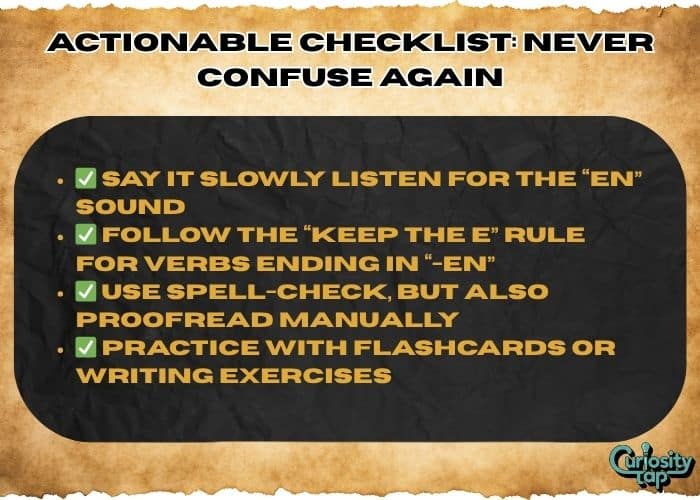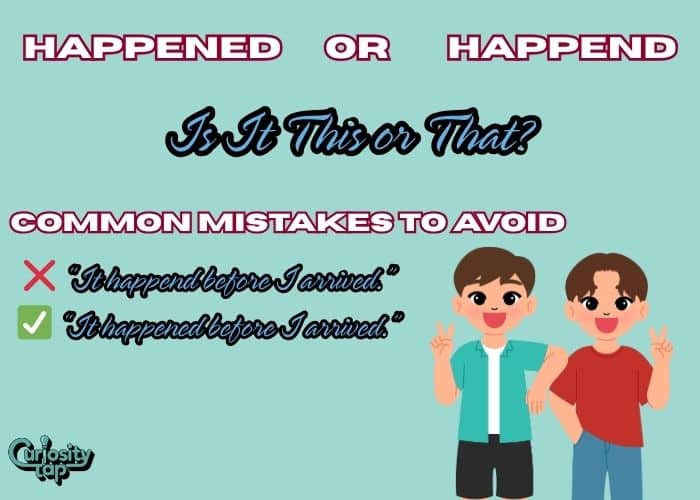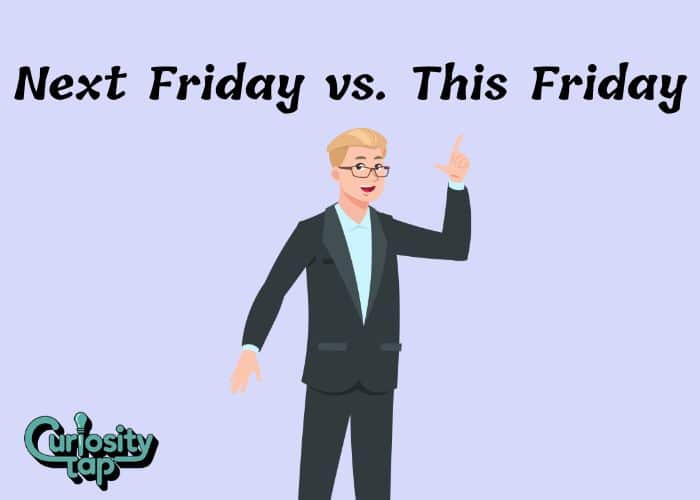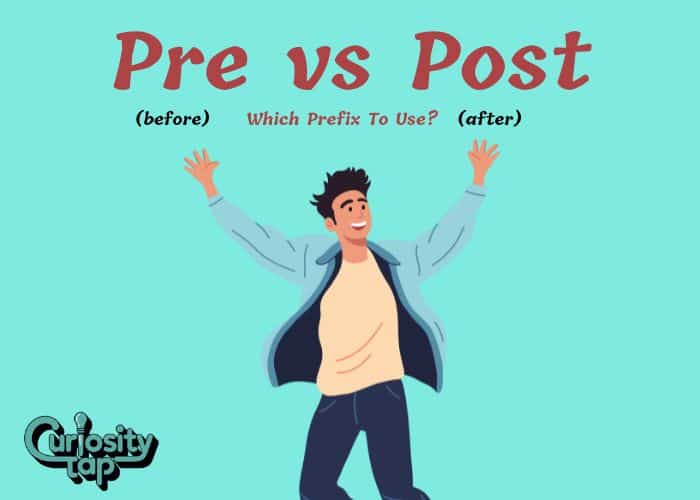Have you ever paused while typing, wondering if it’s happened or happend? You’re not alone. This common spelling dilemma trips up students, professionals, and even seasoned writers.
The truth is, a single missing letter can make your text look unpolished and hurt your credibility.
In this guide, we’ll break down the correct form, why the error occurs, and how to remember the right spelling for life.
Whether you’re preparing a school essay, an email to your boss, or a blog post, you’ll walk away confident in your word choice.
The Correct Spelling: Happened
The correct past tense of “happen” is happened with an “-en” before the “-ed.”
Grammatically:
- Base form: happen
- Past tense: happened
- Past participle: happened
Incorrect spelling happend omits the necessary “e” before “-d,” which is not supported by English grammar rules.
Why It’s Happened, Not Happend
English verbs that end in “-en” typically retain the “e” before adding “-ed” for past tense. Examples:
- open → opened
- shorten → shortened
- strengthen → strengthened
Why People Misspell It as “Happend”
Phonetic Confusion
In speech, the “e” in happened is soft and barely audible, so writers may assume it’s unnecessary.
Typing Errors
Fast typing can lead to accidentally skipping letters, especially vowels.
Real-Life Example: A Job Application Story
A client once asked me to review their CV. Everything looked professional except for one recurring mistake: “happend” instead of “happened.” The HR manager later admitted that the repeated error created doubts about attention to detail, costing them an interview.
Moral? Small spelling errors can have big consequences, especially in professional communication.
How to Remember the Correct Spelling
| Trick | Example | Memory Aid |
|---|---|---|
| Break it down | hap-pen-ed | Think: “It pen-ed to me” |
| Verb pattern rule | happen → happened | Keep the “e” before “-ed” |
| Visual repetition | Write “happened” 10x daily | Muscle memory reinforces correctness |
Proper Usage in Sentences
Happened in Context
- “It happened so quickly, I didn’t have time to react.”
- “What happened yesterday was truly inspiring.”
Common Mistakes to Avoid
- ❌ “It happend before I arrived.”
- ✅ “It happened before I arrived.”
Pros & Cons of Remembering the Rule
Pros:
- Boosts writing credibility
- Improves clarity and professionalism
- Builds strong spelling habits
Cons:
- Requires active attention at first
- Easy to slip back into the wrong form without practice

Actionable Checklist: Never Confuse Again
- ✅ Say it slowly listen for the “en” sound
- ✅ Follow the “keep the e” rule for verbs ending in “-en”
- ✅ Use spell-check, but also proofread manually
- ✅ Practice with flashcards or writing exercises
FAQs
Is “happend” ever correct?
No. “Happend” is a misspelling of “happened” and is not accepted in standard English.
Can “happened” be used in formal writing?
Absolutely. It’s standard past tense and suitable for all contexts.
Why do I see “happend” online?
Mostly due to typos or lack of proofreading. It’s not correct English.
What’s the difference between “happened” and “has happened”?
“Happened” is simple past; “has happened” is present perfect, used when the event still has relevance to the present.
Conclusion
The verdict is clear: happened is correct, happend is not. By remembering the simple “keep the e” rule and practicing consciously, you can avoid this common spelling pitfall.
Whether you’re writing for school, work, or personal projects, accurate spelling strengthens your credibility and ensures your message is understood exactly as intended.
Call To Action
Want to sharpen your English and write successfully every time?
Check out our Grammar Checker Tool and never second-guess your spelling again!
Read our guide on Common English Misspellings to boost your skills even further.
Sources
Sources:
- Cambridge Dictionary. (2024). Happen. Retrieved from https://dictionary.cambridge.org
- Merriam-Webster. (2024). Happen. Retrieved from https://www.merriam-webster.com
- Grammarly Blog. (2024). Common Spelling Mistakes. Retrieved from https://www.grammarly.com
Read more knowledgeable blogs on Curiosity Tap
Is this article helpful?

Jackson Pearson is a passionate educator and language enthusiast behind the blog Jackson Pearson. With years of experience in teaching and writing, he specializes in simplifying complex grammar rules, breaking down tricky vocabulary, and crafting learning guides that are both engaging and practical. His mission is to help readers boost their English skills whether they’re beginners or brushing up for fluency. Through every article, Jackson brings clarity, structure, and a spark of curiosity to the world of English learning.



